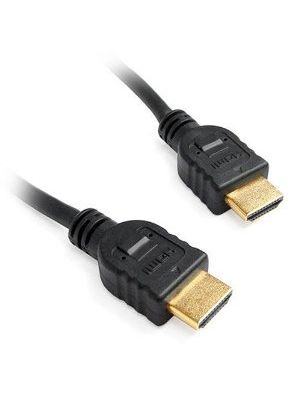XForce Modern View System
- Intel 20 Core, i7-14700K Processor boosting as high as 5.6GHz
- Water Cooler: two fans, 240x120mm in size
- Can display X-Plane, MSFS X, Prepar3d, or other games on one to four screens
- VR (Virtual Reality) Ready
- NEW - Fast USB 3.2
- 32 Gigabytes of DDR-5 6000MHz RAM (supports up to 128GB)
- 2 Terabyte NVMe Solid State Hard Drive at up to 5000MB/s (SSD)
- Nvidia RTX 5070 with 12GB GDDR7
- 750 Watt Gold-Rated Power Supply with native PCIE 5.0 support/li>
- 802.11AX Wireless-AX (WIFI-6)
- 2.5 Gigabit Ethernet Port
- Dual M.2 Ports on Motherboard for adding a second high-speed SSD
- Multiple USB 2.0, 3.0, and 3.2 ports
- Also one USB Type-C™ port
- Wireless Keyboard and Mouse
- Windows 11
- One Year Warranty
- Dimensions 17.3H x 11.3W x 16.34D in
- Supports up to four displays
- XForcePC, the PC system used by Austin, the creator of X-Plane.
- Detailed instructions on implementing a triple display setup with X-Plane
- Will also do a great job running MS FS 2020 at High Settings
Be sure to scroll down to the bottom to see the videos about this system!
Our View PC meets or exceeds all of the recommended system requirements for X-Plane 11 and 12. The new View System is based around Nvidia's new 40-series GPUs and latest Intel CPUs.
Intel's new chips use a combination of Performance cores (called "P" cores) and Efficiency cores (called "E" cores). Depending on the chip, you get more of these cores.
The RTX video cards support new technologies like GDDR6 memory, Ray Tracing, and DLSS. Ray tracing is an all-new way of handling light. It is much more advanced and lifelike way to produce amazing lighting effects. DLSS is a new way of handling Anti-Aliasing, which is twice as efficient as Temporal Anti-Aliasing (TAA). Anti-Aliasing helps to rid you game or simulator of jagged lines. Note: These new features are not available in all games.
The system is VR-Ready. So, if you decide to go for the Oculus Rift or HTC Vive VR Headset, you'll have all of the power you need.
Mass storage is typically the bottleneck in just about every system. So, how do we reduce this bottleneck? We do this by providing an SSD now as standard. That means Windows will load in seconds, not minutes. Anything that is disk-intensive will be much faster as SSDs are so much faster than regular hard drives. Also, SSDs rarely fail. So, your data is safer on an SSD. We use a high-speed Nvme SSD, which is faster than the typical SATA SSDs found in a lot of systems.
The system supports one to four displays. With four, you can have wide forward view with three of the monitors, and use the fourth for your instruments. We have instructional videos on how to do all of this. Just let us know when you order and we'll send you the how-to videos.








